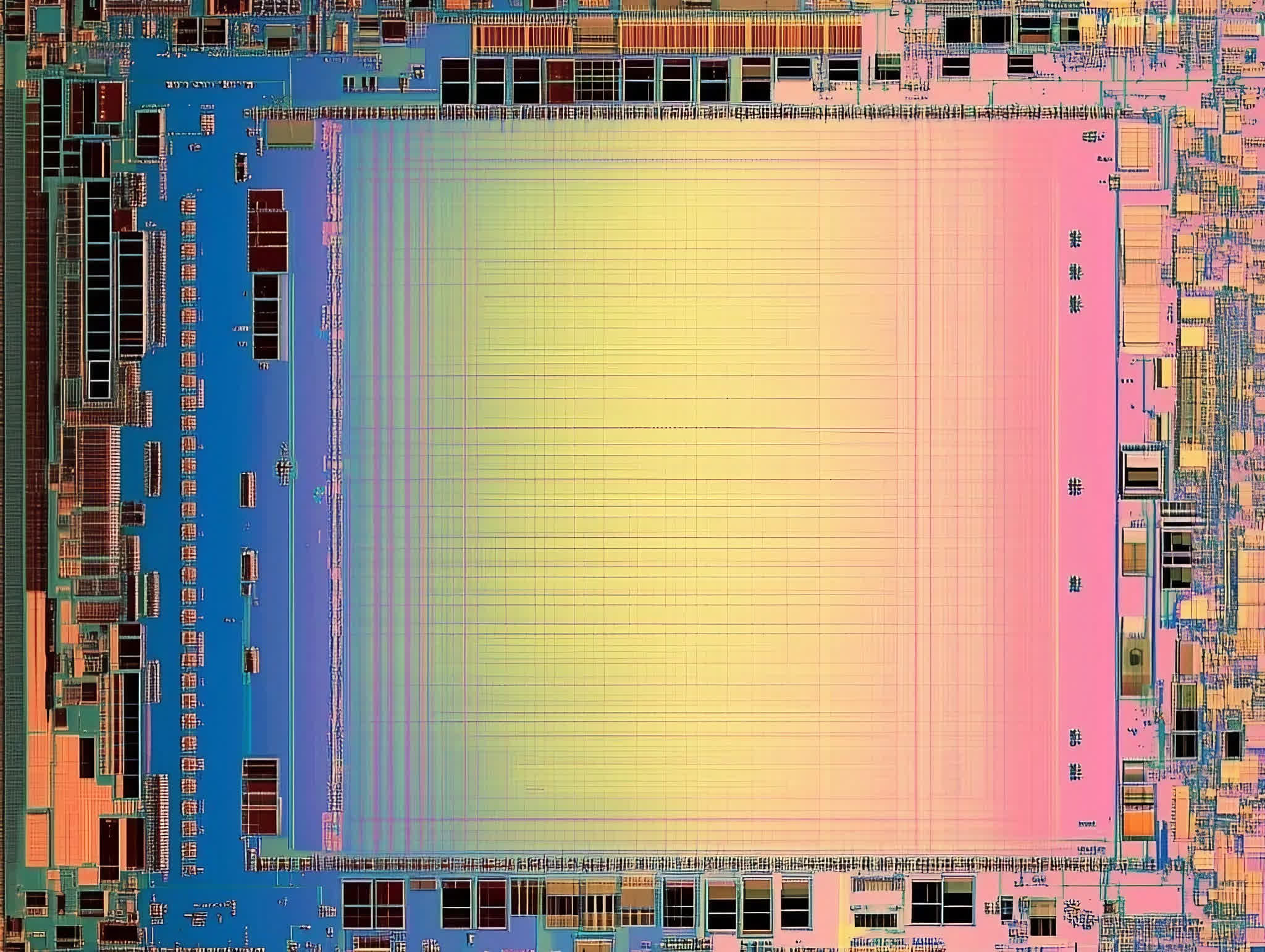A senior doctor at Adelaide’s biggest hospital says the health system is under “siege” and pinpoints Mondays as the busiest day.
Key points:
- South Australia’s hospitals are usually busiest on Mondays
- Discharging patients on weekends is harder due to fewer available services
- Patients coming in for elective surgery on Monday also add to demand
SA’s struggling health system was again in focus this week due to the death of a 47-year-old man while he waited for an ambulance in suburban Adelaide on Monday.
Problems around ramped ambulances, overcrowded emergency departments and full inpatient hospital beds trouble doctors and nurses on any day of the week.
But each Monday a perfect storm of complications aligns, cranking up pressure on health staff and patients.
So, what makes Monday the busiest day in SA’s hospitals, and what can be done about it?
A weekend hangover
As medical lead of the surgery program at the Royal Adelaide Hospital and chair of the Australian Medical Association Council, Peter Subramaniam knows South Australia’s health system well.
He says it is under “siege”.
“The system is under pressure and there is a significant demand and our capacity to meet that demand is not working,” Dr Subramaniam said.
The qualified vascular surgeon pinpointed Mondays as the busiest days for hospitals.
“You can see from the data we have that our discharges are lower on the weekend compared to weekdays,” he said.
“So that contributes to the logjam that occurs on a Monday.”
Dr Subramaniam said fewer doctors working to discharge patients over the weekend had an impact.
“Most acute care hospitals operate on reduced staffing,” he said.
But that’s not the only thing bringing down discharge numbers.
“We rely heavily on community services to be available and accessible over weekends and often that’s difficult to organise,” Dr Subramaniam said.
“You might need a rehab bed or a step-down bed or a community nursing service to be able to manage the patient once they’re discharged.
“Once we’ve discharged the patients, they need to go somewhere.”
Monday blues
Chief executive of the Australian Nursing and Midwifery Association’s SA branch Elizabeth Dabars said the “absence of senior clinicians” on the weekend was driving up ramping times.
Professor Dabars wants to see nurses, allied health professionals and junior doctors able to discharge more acute patients under something called criteria-led discharge (CLD).
“It’s a win for the people wanting to go home and it’s a win for the broader community who would have better access to hospital beds,” the qualified nurse said.
CLD has been hotly debated for decades and was a policy directive issued by SA Health in 2019.
Professor Dabars said it was never fully implemented.
“That has not really seriously been put in place and that is a blocker to people being discharged,” she said.
“It doesn’t actually make sense for it not to be enabled.”
But the former president of the South Australian Salaried Medical Officers Association, Dr David Pope, said the number of patients that would fit the CLD criteria was small.
“It [CLD] works quite well in some areas but I defy anyone to go around and find patients sitting around in the hospital for want of a doctor to come in on a Monday morning,” Dr Pope said.
“That just doesn’t occur.”
He said a crowded start to the week was a side effect of elective surgery.
“That worse effect on a Monday is purely a function of when elective surgery patients arrive,” he said.
The doctor said the idea that senior clinicians were unwilling to provide care on weekends was damaging to an already stretched workforce.
“Doctors are in the hospitals 24/7, so if there’s a need for a doctor to be in the hospital they will be there if they exist,” he said.
What will change?
The state government said it was looking to make criteria-led discharge “a regular part of hospital operations”.
“Expanding its use will reduce bed-block by ensuring patients ready for discharge can leave hospital, freeing up beds for those in the emergency department and easing pressure on frontline workers,” a government spokesperson said.
Dr Subramaniam said he supported the “safe” implementation of the policy.
“Criteria-led discharging is part and parcel of a modern healthcare facility and it’s strongly supported,” he said.
But he said it needed support to work effectively.
“We need the right level of resources,” he said.
“We need more efficient ways of using those resources and we need to strengthen our community care.”
He said addressing other issues, such as transitioning long-stay NDIS patients out of hospitals, was complex and would take time.
“If we don’t achieve a system response to dealing with acute care and the challenges that are going to come, we’re going to find patients are going to be left by the wayside,” he said.




















Discussion about this post